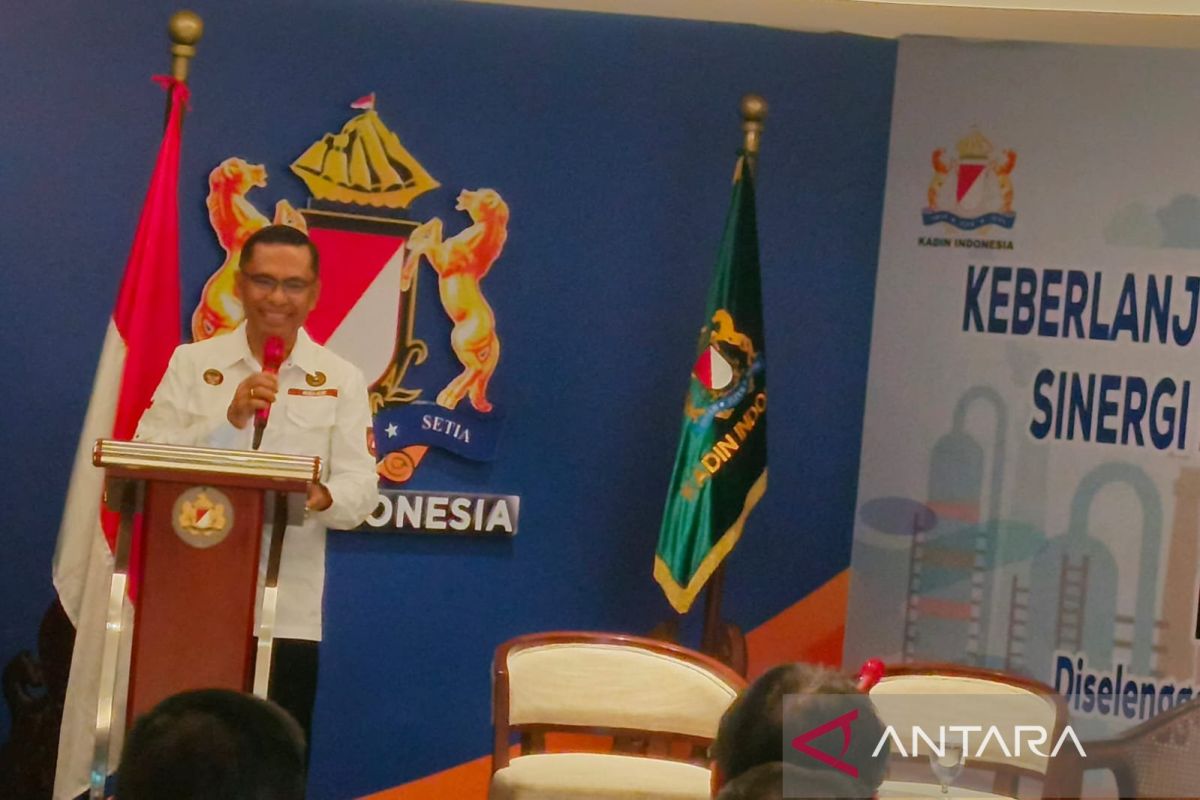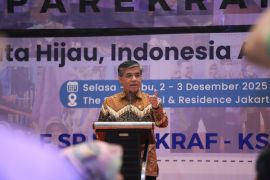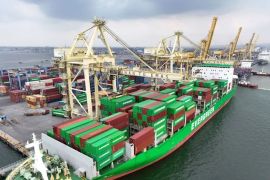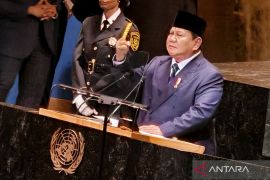Kadin Deputy Chairman for Industry, Saleh Husin, highlighted on Tuesday that natural gas is a crucial energy source for domestic industries. However, meeting the demand remains a challenge due to limited gas supply.
“Many industry players have reported receiving only about 60 percent of their gas allocation, despite government regulations setting the HGBT,” Husin said.
Currently, the HGBT is set at US$7 per million British thermal units (MMBTU), an increase from US$6 in 2015. Nevertheless, because supply under the HGBT scheme is insufficient, industries must procure the remaining gas from the market at a significantly higher price.
“Market prices have surged to US$16.77 per MMBTU, which is considerably high. This situation hampers the competitiveness of our industrial products,” Husin added.
He warned that such constraints risk increasing imports of finished goods while reducing domestic production activities.
Data from the Ministry of Investment and the Investment Coordinating Board (BKPM) shows that investment realization in the gas, electricity, and water sector rose by 12.43 percent in 2023. The majority, about US$37 billion or 93.2 percent, came from domestic investment (PMDN).
According to the International Energy Agency (IEA), Indonesia’s energy production totaled 19.4 million terajoules (TJ), with natural gas accounting for 10.1 percent or approximately 2.1 million TJ.
Meanwhile, national energy consumption reached 6.8 million TJ, with gas contributing roughly 9 percent of total consumption.
This leaves an energy surplus of 12.6 million TJ, of which 9.3 million TJ is exported.
The industrial sector remains the largest energy consumer, accounting for 42.1 percent or approximately 2.86 million TJ of total national consumption.
Related news: Govt to hold natural gas prices for 7 industries
Related news: Palm oil price down 10% yoy in Aug: BPS
Translator: Ahmad Muzdaffar Fauzan, Katriana
Editor: Azis Kurmala
Copyright © ANTARA 2025












